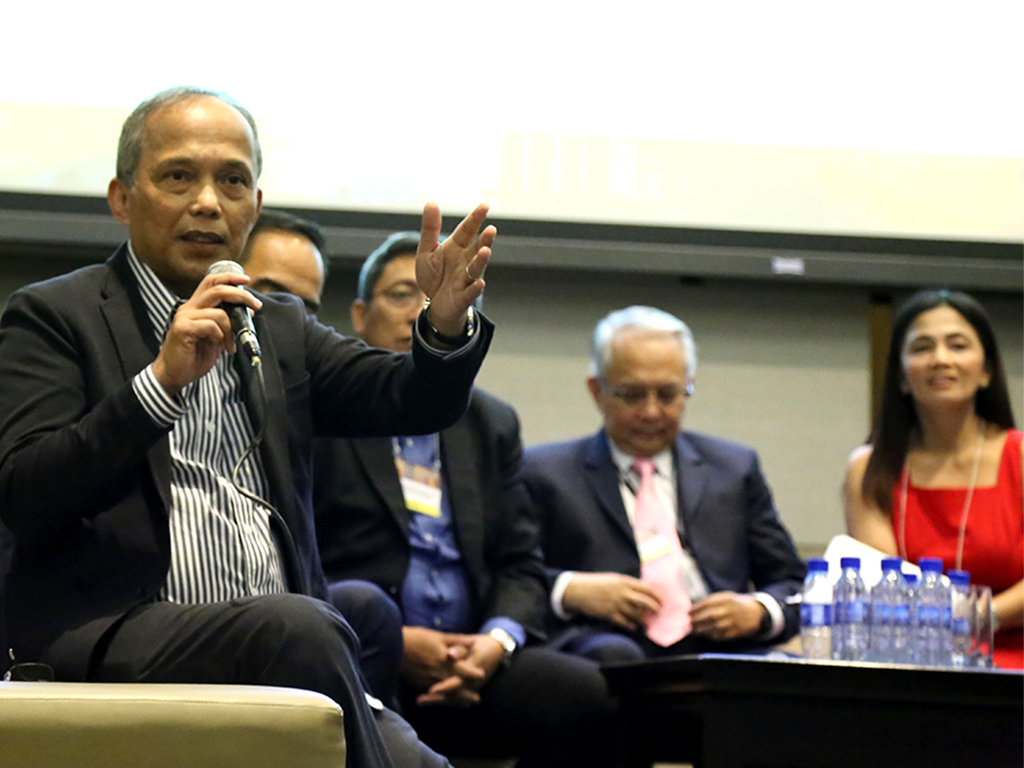Cusi: Exploration ventures to follow Ph laws even in disputed areas
- October 16, 2020
- 0

Energy Secretary Alfonso Cusi reiterates that Philippine laws will be followed in the service contact (SC) areas that are even within the West Philippine Sea (WPS).
Cusi, who had given “Return-to-work” notices to three SC licensees, told reporters on Friday that the country’s laws will be followed given the fact that the Philippine government issued the licenses.
The secretary further said the law provides that 60% of the oil that would be produced will go to the Philippine government for public use and 40% will go to the SC licensee.
The areas covering SCs 59, 72, and 75 are within the disputed waters. A total of US$25 (around Php1.2 billion) have been invested on the three SCs.
Cusi added that he did not inform China of the Department of Energy’s recommendation to lift the moratorium, but he had informed the Department of Foreign Affairs.
“We have to stand up for our rights. Siguro, hindi natin kailangang mag-away. Nagtitiwala tayo that China will respect our decision,” Cusi emphasized.
China, which has been building what appear to be military bases within the Philippines’ exclusive economic zone to reiterate its territorial claim, stated last week that it eyes an “oasis of peace” in Southeast Asia and that part of it is “shelving” the WPS dispute.
Cusi then wrote to Foreign Affairs Sec. Teodoro Locsin, Jr., saying that this must translate to an oasis of prosperity, which can only happen if the Philippines restarts its economy by building energy resiliency and security.
Despite the Duterte administration’s warming relations with China, it took them long before the moratorium was lifted. Cusi explains that there many complications had to be addressed. Exploration activities in the WPS were halted by the administration of then-President Benigno Aquino III in 2014.